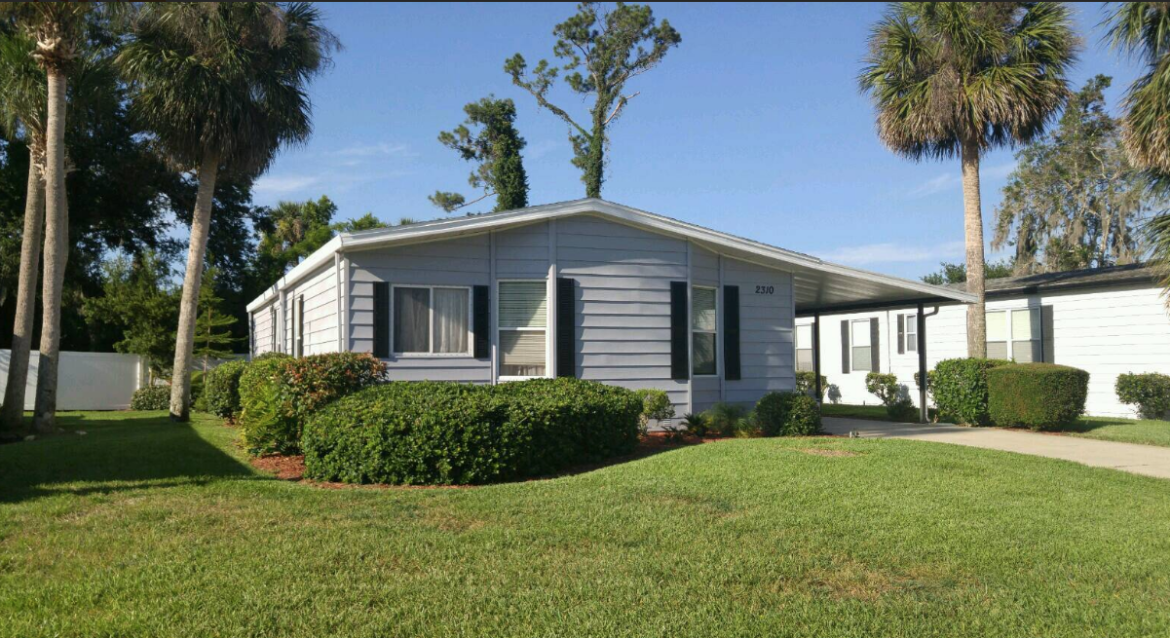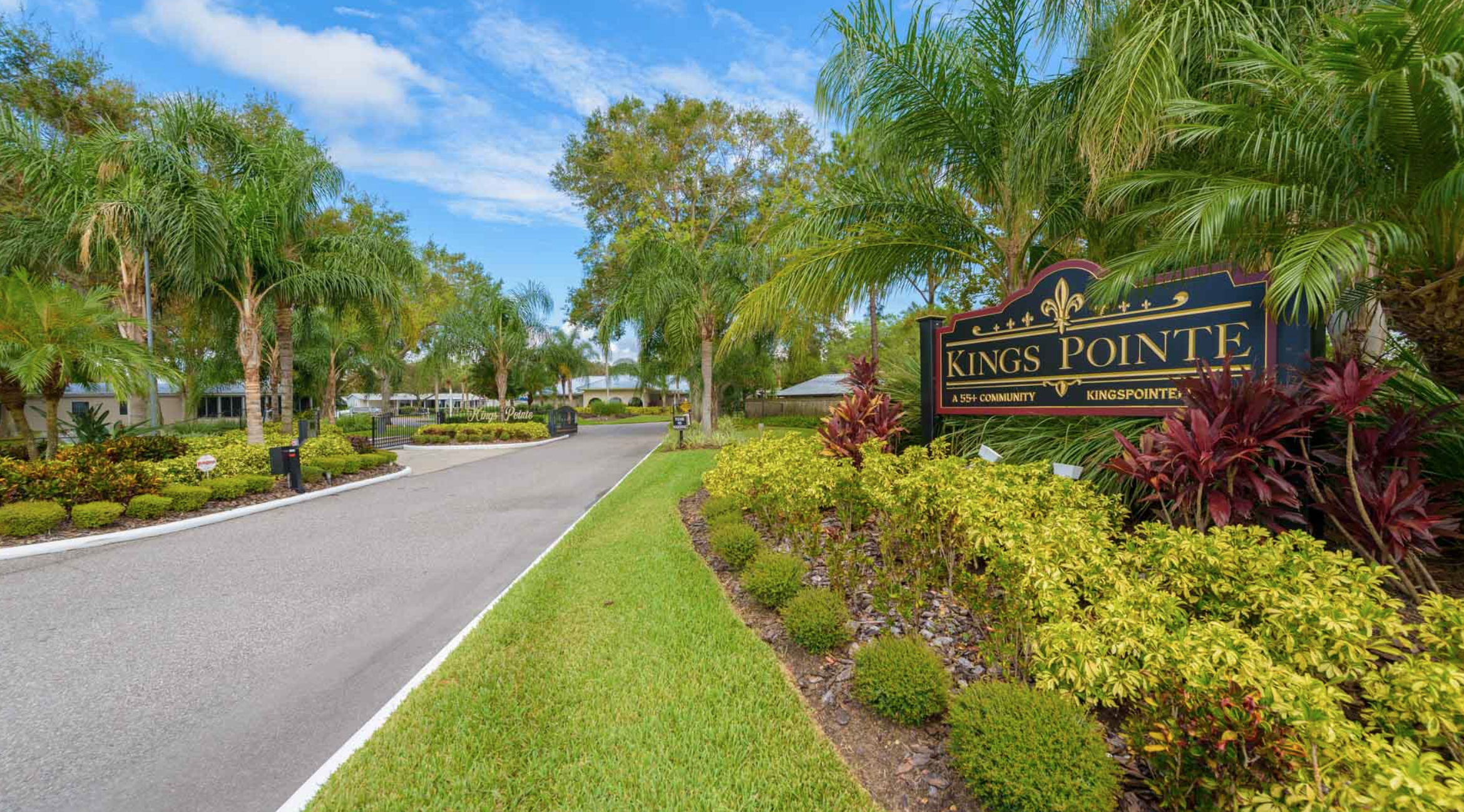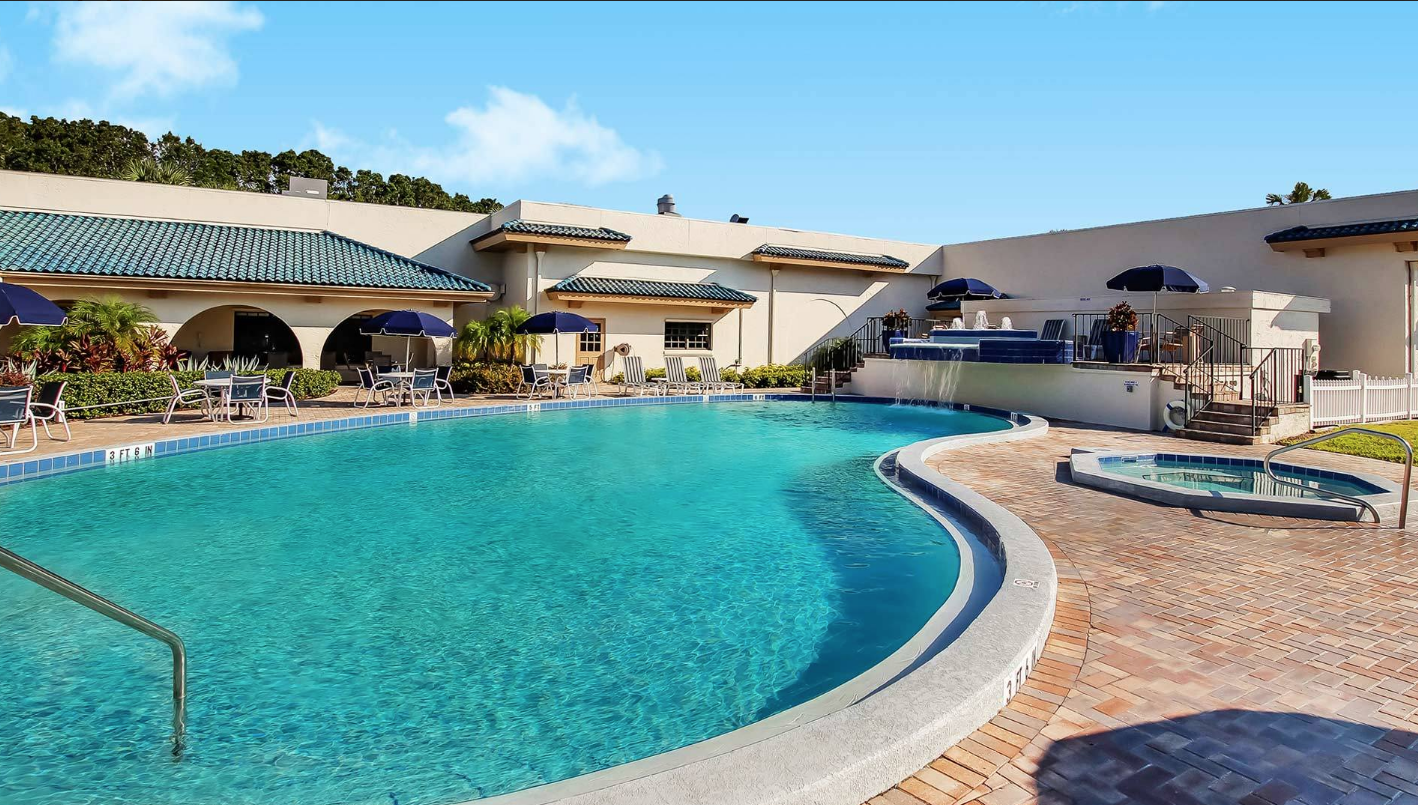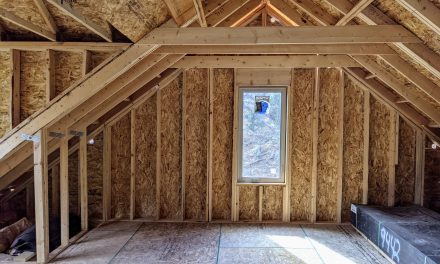What is Lot Rent?
Lot rent for a mobile home park is the amount you pay the park owner for the lot on which you place your home for a specified period of time. Basically, it works just like any other type of rent: there are rules for tenants to follow, termination procedures, and agreements for how long each renter can use the space.
What Lot Rent Includes:
- The Lot: The lot itself may vary in size, shape, and location within the park.
- Utilities: The utilities, such as water, trash, electricity, and gas, are provided by the park or metered and billed separately by the utility company or by the park operator.
- Amenities: Amenities, such as clubhouses, pools, playgrounds, laundry facilities, and security, are available for all residents to use.
What Lot Rent Does Not Include:
- The Mobile Home Itself: The mobile home occupying the lot—which you may own or finance separately—is not part of your lot rent.
- Maintenance and Repairs: Maintenance or repairs to the mobile home or the lot space are typically considered the responsibility of the homeowner.
- Pass-Through Fees: A simple way to think of pass-through fees is to consider them as any expense required to operate a property that is not the base rent. Typically pass-through expenses include things like Common Area Maintenance (CAM), property taxes (see below), insurance, utilities, janitorial, security, and supply costs. Each park is different and may or may not include pass-through fees as part of the lot rent.
- Homeowner Property Taxes and Insurance: Your property taxes as a homeowner, as well as your home insurance, are typically separate expenses from your lot rent, depending on your state and local laws. Property taxes specifically for the park may be paid through your lot rent bill, but these are separate from your own property taxes as the homeowner (see our post that explains mobile home property taxes here).
Lot Rent Factors
- Location and Demand: Lot rent may be higher in areas with higher costs of living, more competition, or better amenities than in other areas.
- Lot Size and Quality: The more spacious, private, or scenic the lot is, the higher the lot rent will likely be.
- Terms of the Agreement: If you sign a shorter lease, your lot rent will likely be higher. Additionally, you can expect higher lot rent if your agreement has fewer renewal or termination options, more restrictions or fees, or less protection from rent increases than in other parks.
In conclusion, it is essential to research and compare lot rents beforehand; you can always start by learning what each agreement does and doesn’t include. Furthermore, you should read each lease agreement carefully and discuss it with the park owner to make sure that you’re getting a fair and reasonable deal.
Overview:
- Lot rent works just like any other rental agreement, with terms and conditions to outline rental periods and resident policies.
- Lot rent usually includes the lot itself, as well as the utilities and amenities available to tenants.
- Lot rent does not include the mobile home itself, maintenance and repairs, or the homeowners’ property taxes and insurance.





MY MOBILE WAS PAYED OFF I EXPECTED THE LOT RENT to go down tohelp on my retirrement althou mobile ispay off they still continue charging as much and more ?
If I have a purchased mobile home but have a misdemeanor on my record, can I get approved to rent a lot?
Having a misdemeanor on your record may be a factor that landlords consider, but it doesn’t necessarily mean automatic rejection.
When applying to rent a lot, be honest about your misdemeanor. Landlords appreciate honesty, and it’s better for them to hear about it from you than to discover it through a background check. If your misdemeanor was a one-time incident or if there were extenuating circumstances, consider providing further explanation.
If possible, provide character references or rental references from previous landlords who can vouch for your reliability and responsibility. You may also look find someone with a clean record who is willing to co-sign the lease. Offering to pay a larger deposit may also provide reassurance to the landlord that there is financial security in case of any issues.
Though different landlords and mobile home parks have varying policies and criteria for approving tenants, it’s essential to communicate openly, present yourself as a responsible tenant, and be proactive in addressing any concerns they may have.
Lot rent keeps increaseing at extreme cost. Virginia rules are there any on limit to lt rent. I live on low income and the lot rent is more then my home payment. Fixed income folks are at a point of losing thier homes due to lot rent being so high. I live at Marsh run mobile home park in Bealeton, Virginia Is their a limit on lot rent?
Hello Paul,
Thank you for sharing your concerns with us. We understand the challenges you’re facing, especially for those on fixed incomes.
In general, regulations regarding rent control for mobile home parks vary depending on state laws. From our research, Virginia does not have statewide regulations specifically addressing lot rent limits for mobile home parks.
Given the specific nature of your situation, we recommend contacting local housing authorities or tenant advocacy organizations in your area for guidance and support. They may be able to provide you with information on any existing regulations or resources available to assist residents facing challenges related to lot rent increases.
Here are some links for information regarding housing authorities and agencies which may be able to help you:
1. HUD – Rental Help: Virginia
2. HUD – Housing Counseling Agencies
If you haven’t already, consider communicating directly with the management or ownership of your park to express your concerns and inquire about any potential assistance programs or options available to residents facing financial difficulties.
We empathize with your situation and strongly encourage you to explore all available avenues for support.